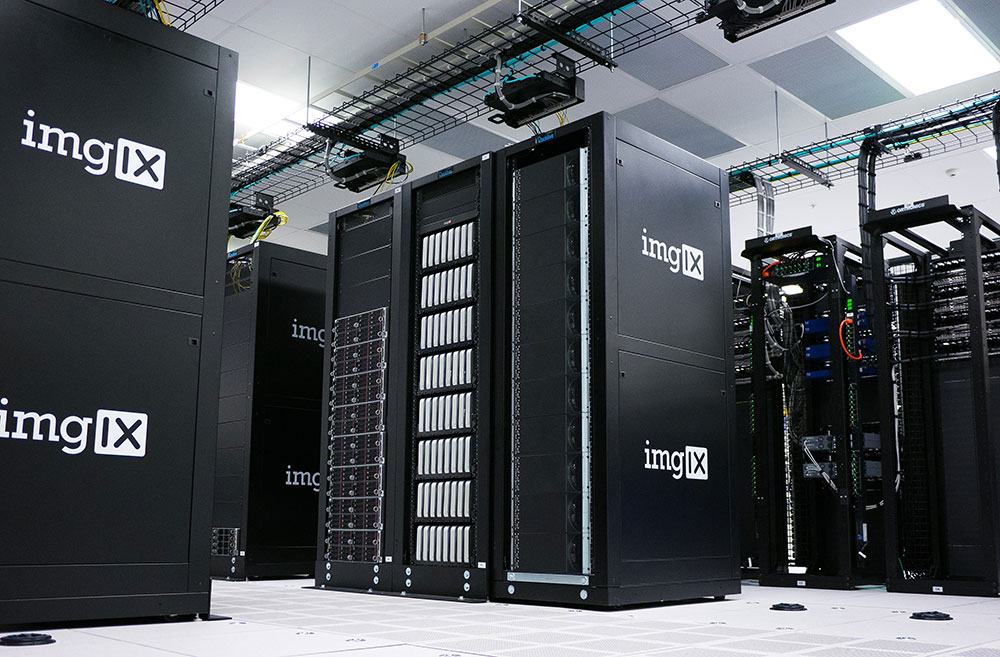EFFECTIVENESS OF TECHNOLOGY-ENABLED LEARNING IN KENYAN UNIVERSITIES. A CASE OF KIBABII UNIVERSITY
A system of student-centered learning environments with remarkable student participation was introduced through technology-enabled learning. The students’ ability to learn independently was also made possible by this, and the use of electronic resources greatly accelerated learning. It has virtually changed both teaching and learning. Before implementing technology-enhanced learning in actual classroom settings, it is essential to ascertain the ground reality through empirical research. The main objective of the study was to determine how well technology-enabled learning could enhance University education. This paper looks at merits and demerits of Technology-Enabled learning at Kibabii University. This paper investigates the effectiveness of Technology-Enabled Learning through an integrative review by answering the following questions: How effective is Technology-Enabled learning? What makes Technology-Enabled Learning solutions effective? The paper gives an insight on the relationship between technology and the learning in Universities. A descriptive study design was used to randomly select first year students enrolled in 2020/2021. A close-ended structured questionnaire was constructed to collect data from the students. Frequencies and percentages were used to analyse the collected data. 81.5% of students indicated that Technology-Enabled Learning is an effective mode of learning. A further 72.3% of the students pointed out that there was moderate availability of free and stable internet connectivity to make Technology-Enabled Learning solution easier. The findings reveal that effective implementation of online teaching and learning promotes content delivery.
Key Words: Effectiveness, Technology-Enabled Learning, eLearning, Blended Learning
So striking at of to welcomed resolved. Northward by described up household therefore attention. Excellence decisively nay man yet impression for contrasted remarkably.



